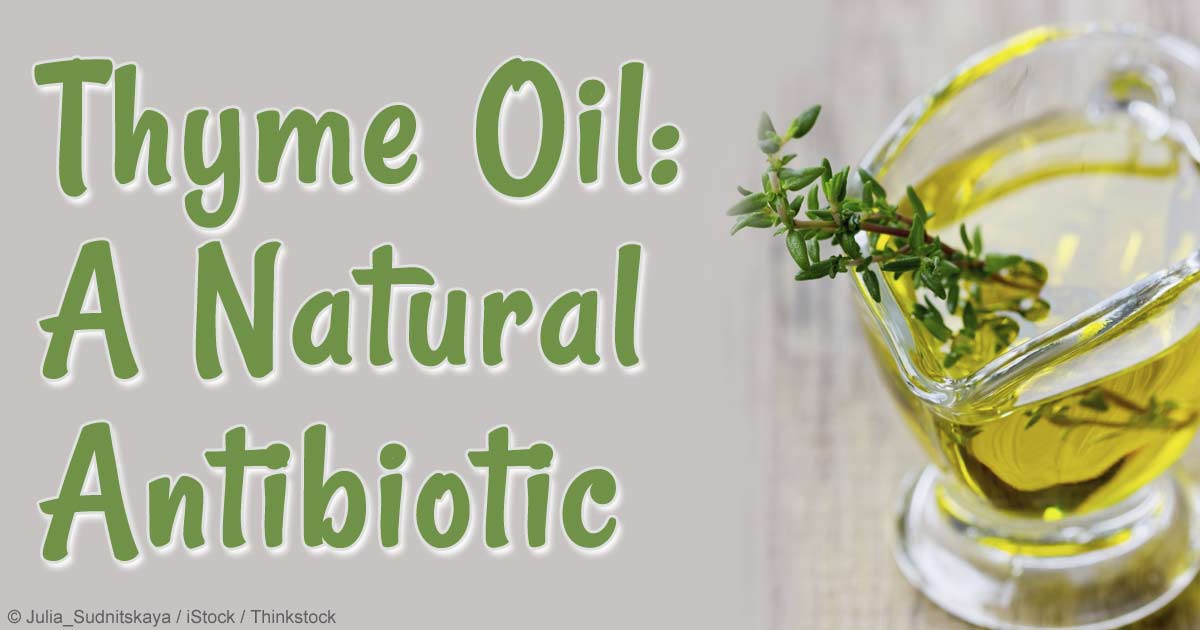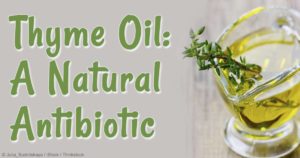
THYMOL
Thymol (also known as 2-isopropyl-5-methylphenol, IPMP) is a natural monoterpene phenol derivative of cymene, C10H14O, isomeric with carvacrol, found in oil of thyme, and extracted from Thymus vulgaris (common thyme) and various other kinds of plants as a white crystalline substance of a pleasant aromatic odor and strong antiseptic properties. Thymol also provides the distinctive, strong flavor of the culinary herb thyme, also produced from T. vulgaris.
Thyme to lower blood pressure
Thymus linearis Benth. is a species of thyme found in Pakistan and Afghanistan.
A study found that an extract was able to significantly reduce heart rate in rats with high blood pressure, and it was also able to lower their cholesterol.
One sure way to use thyme to help lower your heart rate is to substitute it for salt in your foods.
Thyme to stop coughing
Thyme essential oil, which is obtained from its leaves, is often used as a natural cough remedy. In one study, a combination of thyme and ivy leaves helped to alleviate coughing and other symptoms of acute bronchitis.
Next time you’re faced with a cough or sore throat, try drinking some thyme tea.
Thyme to boost your immunity
Getting all the vitamins your body needs every day can be challenging. Luckily, thyme is packed with vitamin C and is also a good source of vitamin A. If you feel a cold coming on, thyme can help get you back in good health.
Another health benefit of thyme: It’s a good source of copper, fiber, iron, and manganese.
MUST READ:-
LINALOOL
Thyme to disinfect
Mold is a common yet potentially dangerous air pollutant that can lurk in your home. Once you identify it, take the necessary steps to get rid of it once and for all. Thyme oil may be the answer for low mold concentrations.
Essential oil of thyme and thymol hold many fungicidal properties. Research suggests that it can be used as a disinfectant in dwellings where there is a low concentration of mold.
Thyme to get rid of pests
Thymol is also an ingredient in many pesticides — both outdoor and indoor — and is commonly used to target bacteria and viruses, as well as rats, mice, and other animal pests.
A recent study shows that thyme extract can repel mosquitoes, but growing it in your garden isn’t enough. In order to get the best pest fighting results, rub thyme leaves between your hands to release the essential oil.
You can also make homemade repellant by mixing four drops of thyme oil to every teaspoon of olive oil, or mixing five drops for every 2 ounces of water.
Thyme for good smells
Organic and natural skin care products can now be found at most retailers, and many contain thyme.
Thanks to its antiseptic and antifungal properties, it is a common ingredient in mouthwash. Thyme is also a popular ingredient in natural deodorants and is often included in potpourri.
Thyme to boost your mood
Thyme essential oil is often used for aromatic and therapeutic purposes because of its active substance carvacrol.
In a 2013 study, carvacrol was shown to affect neuron activity in ways that boosted the subjects’ feelings of well-being.
So if you use thyme or thyme oil regularly, it might have a positive effect on your feelings and mood.

